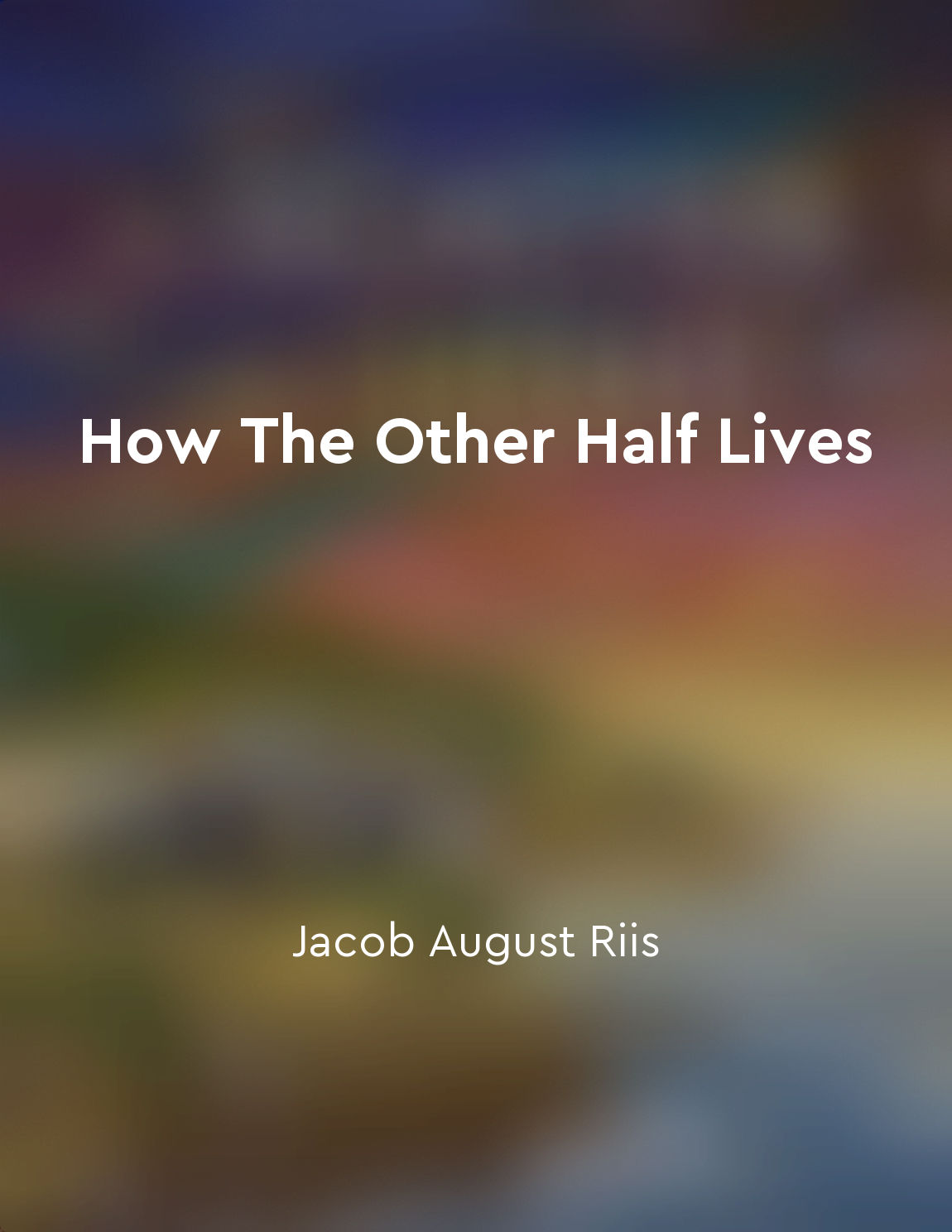Wealthy individuals must confront their complicity in perpetuating inequality from "summary" of Winners Take All by Anand Giridharadas
The wealthy individuals, those who have accumulated great fortunes and wield significant power, must acknowledge their role in perpetuating the very inequality that they claim to want to solve. It is not enough for them to simply donate money to charity or invest in social impact projects. They must recognize that their success and wealth are built upon systems that are inherently unequal and unjust. By participating in these systems, they are complicit in maintaining the status quo. Many wealthy individuals like to believe that they are making a positive impact through their philanthropic efforts. They attend galas and fundraisers, pledge large sums of money to various causes, and receive accolades for their generosity. However, these actions often serve to maintain the existing power structures rather than challenge them. By focusing on charity and individual acts of kindness, they divert attention away from the structural changes that are needed to address the root causes of inequality. To truly confront their complicity in perpetuating inequality, wealthy individuals must be willing to examine their own privilege and the ways in which they benefit from a system that marginalizes others. This may require them to reconsider their assumptions about meritocracy and the American Dream, and to acknowledge that success is not solely a product of individual effort and talent. They must also be open to listening to the experiences and perspectives of those who have been marginalized and oppressed by the very systems that have enabled their success. Furthermore, wealthy individuals must be willing to take risks and make sacrifices in order to challenge the existing power structures. This may involve advocating for policies that redistribute wealth and power more equitably, or using their influence to amplify the voices of those who are most affected by inequality. It may also require them to confront their own biases and blind spots, and to engage in uncomfortable conversations about privilege and power. In the end, confronting one's complicity in perpetuating inequality is a difficult and ongoing process. It requires a willingness to challenge deeply held beliefs and assumptions, and to take concrete actions that may be unpopular or uncomfortable. However, it is only through this process of self-reflection and introspection that true progress can be made towards a more just and equitable society.Similar Posts
Deregulation
Deregulation was the rallying cry of the free-market revolutionaries. They believed that government intervention in the economy...
The Carnegie Institution fosters research
The Carnegie Institution is one of the noblest of modern foundations. No individual can possibly make such extensive and minute...

The American Revolution benefited the elite class
The American Revolution is often portrayed as a noble struggle for freedom and democracy, a fight against oppressive British ru...

Child labor
In the city's factories and tenements, children toil away at dangerous and exhausting work, their small bodies bearing the burd...
Globalization leads to economic instability
Globalization has undoubtedly brought about a new era of interconnectedness and economic growth. However, what many fail to rec...
Foster connections with fellow activists
Building relationships with other activists is not just a nice thing to do; it's a vital part of creating lasting change. When ...
